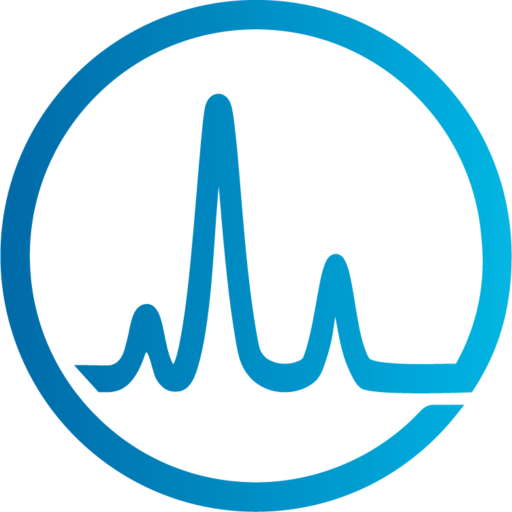Training cources
We offer different training courses for your professional development.
The course provides an overview of the most widely used instrumental analysis methods: spectrophotometry, fluorimetry, atomic absorption spectroscopy, mass spectrometry, capillary electrophoresis, gas chromatography, and liquid chromatography. The course provides basic knowledge of the principles, areas of application, and practical aspects of using these methods.
The basic theory of gas chromatography (mechanism of chromatographic separation, apparatus construction, carrier gases, sample injection methods, stationary phases, detectors). The basic theory of mass spectrometry (ionization methods, mass analyzers, principles of mass spectrum interpretation). Development of GC-MS methodology and optimization of conditions (sample preparation, choice of carrier gas, stationary phase, and sample injection, optimization of the separation process). GC-MS methodology validation and the basis of uncertainty assessment of measurement results. Includes practical work with GC-MS instrument.
The course provides an overview of the quality assurance and control of chemical measurements. Introduces the use of reference materials, the interpretation and use of interlaboratory measurement results in laboratory work, the validation of analytical methodologies, the estimation of measurement uncertainty, detection and quantification limits of methodology, and teaches how to apply the acquired knowledge in practical situations.
Introduction to the validation of analysis procedures: analysis method and methodology, fitness-for-purpose of the analytical procedures, the necessity of validation, ways of validation, parameters to be validated: selectivity and specificity, matrix effect, repeatability, and reproducibility, accuracy and trueness, detection and quantitation limits, calibration and linearity, residual terms for linearity assessment, robustness, stability. Methodology control – reference materials and proficiency testing. Uncertainty of the measurement results, its definition, and sources. Distribution functions of measurement results, uncertainty assessment methods. Presentation of results. Solving practical tasks in Excel.
Basics of estimating measurement uncertainty. Sources and components of uncertainty (random, systematic effects), random variable distributions (Normal, Student, rectangular, and triangular distributions), standard deviation. A- and B-type of uncertainty. Basic principles and application of model-based ISO GUM and empirical NordTest methods for uncertainty estimation. Rules for estimating the combined standard uncertainty and expanded uncertainty. Solving practical tasks in Excel.
The course provides an overview of the methods of mathematical statistics used to design optimal experimental procedures and extract the maximum possible information from measurement results. The introduced statistical methods help to quickly process large data masses produced by analytical instruments and draw conclusions about the object being studied.
The course introduces the theory of volume measurement accuracy, provides an overview of the correct use of the different types of pipettes (glass and digital), and their calibration, and discusses difficulties arising with pipetting of dark and volatile liquids. The theoretical basis of accuracy and uncertainty in volume measurements, sources of uncertainty in pipetting, type A and B measurement uncertainty, and uncertainty estimation methods are also discussed. Practical work in the laboratory.


